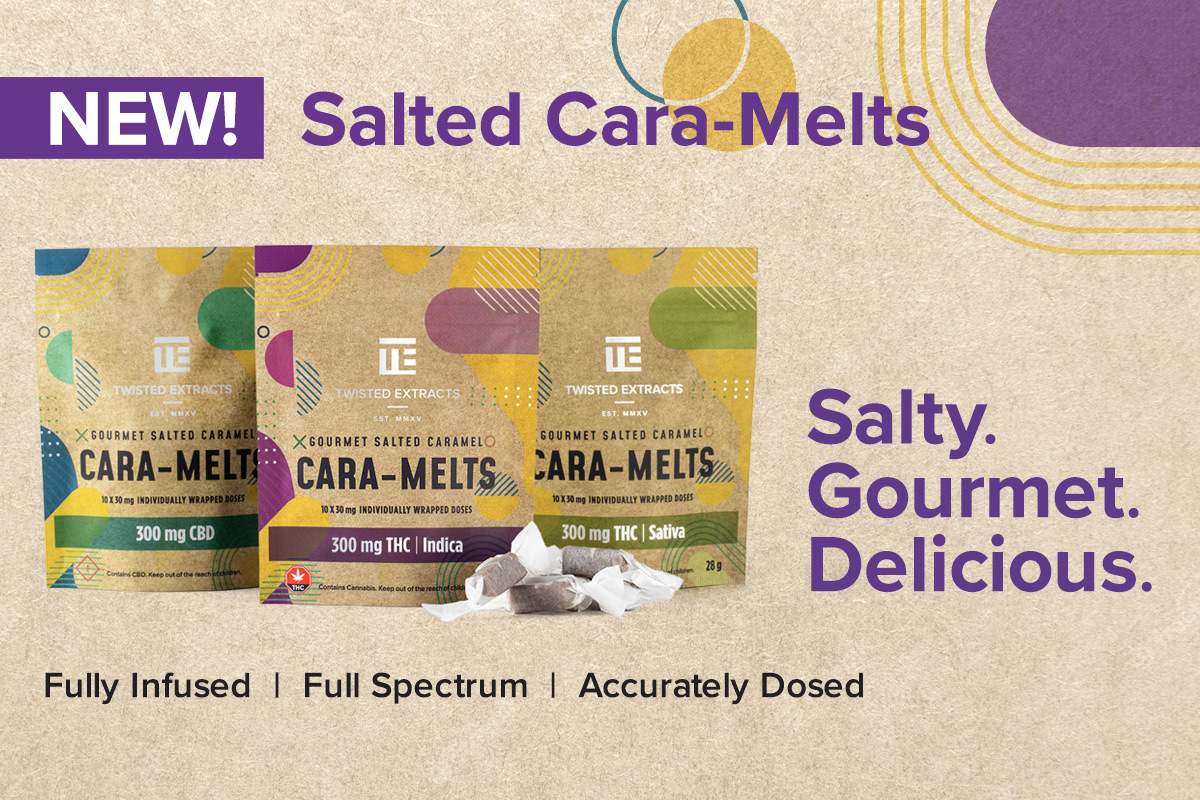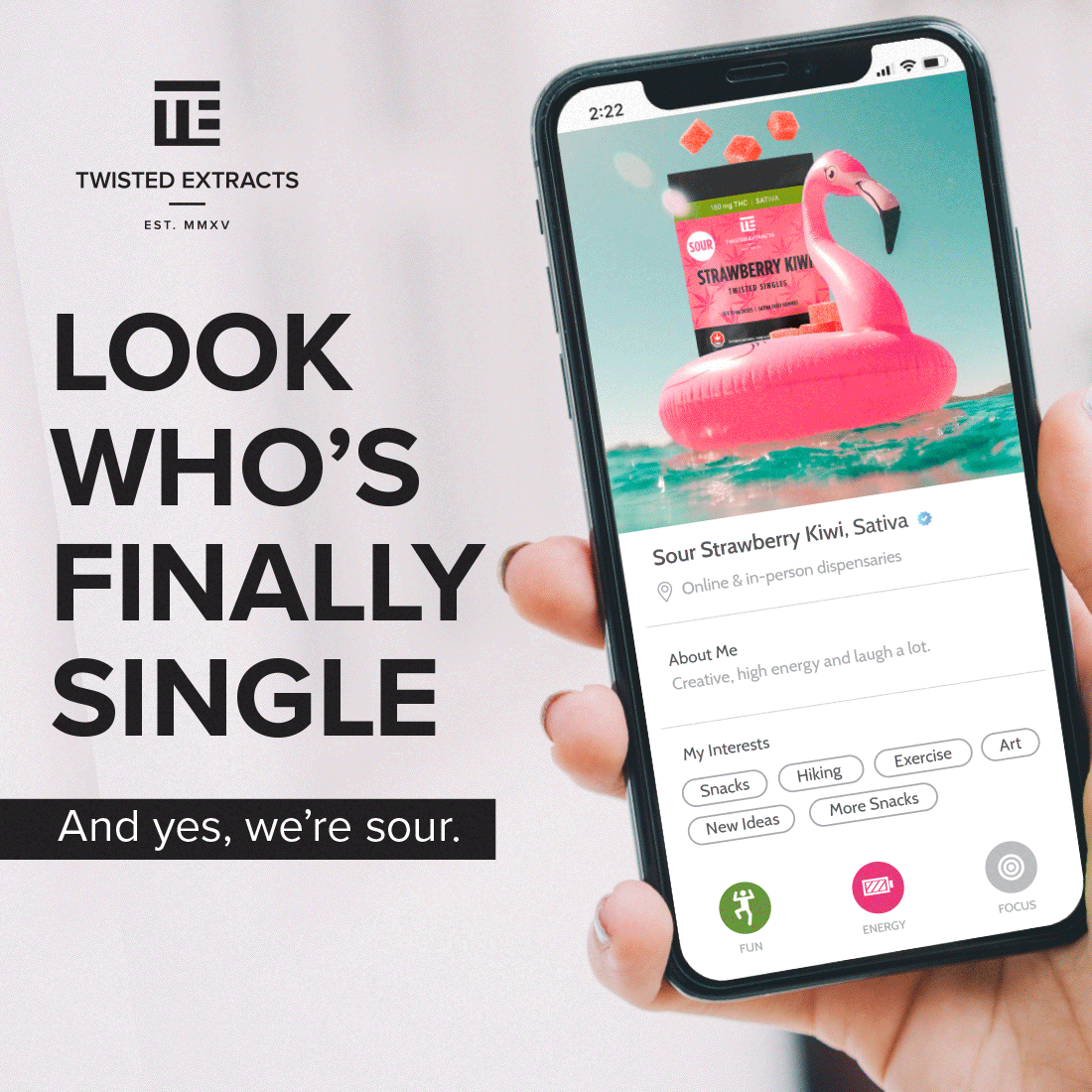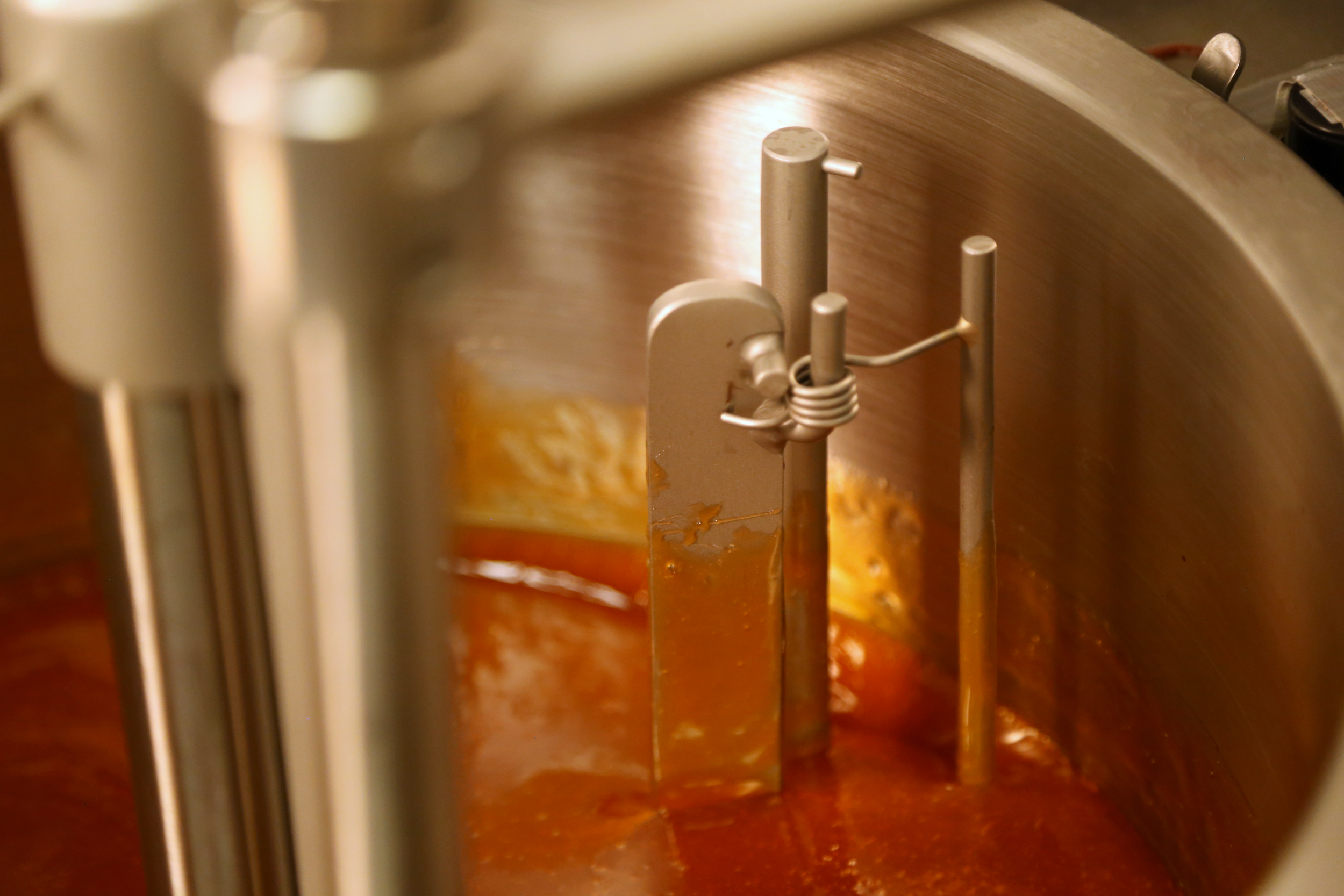Kiddo, I use cannabis
After the War on Drugs how do we talk to our kids about our now legal drug use?
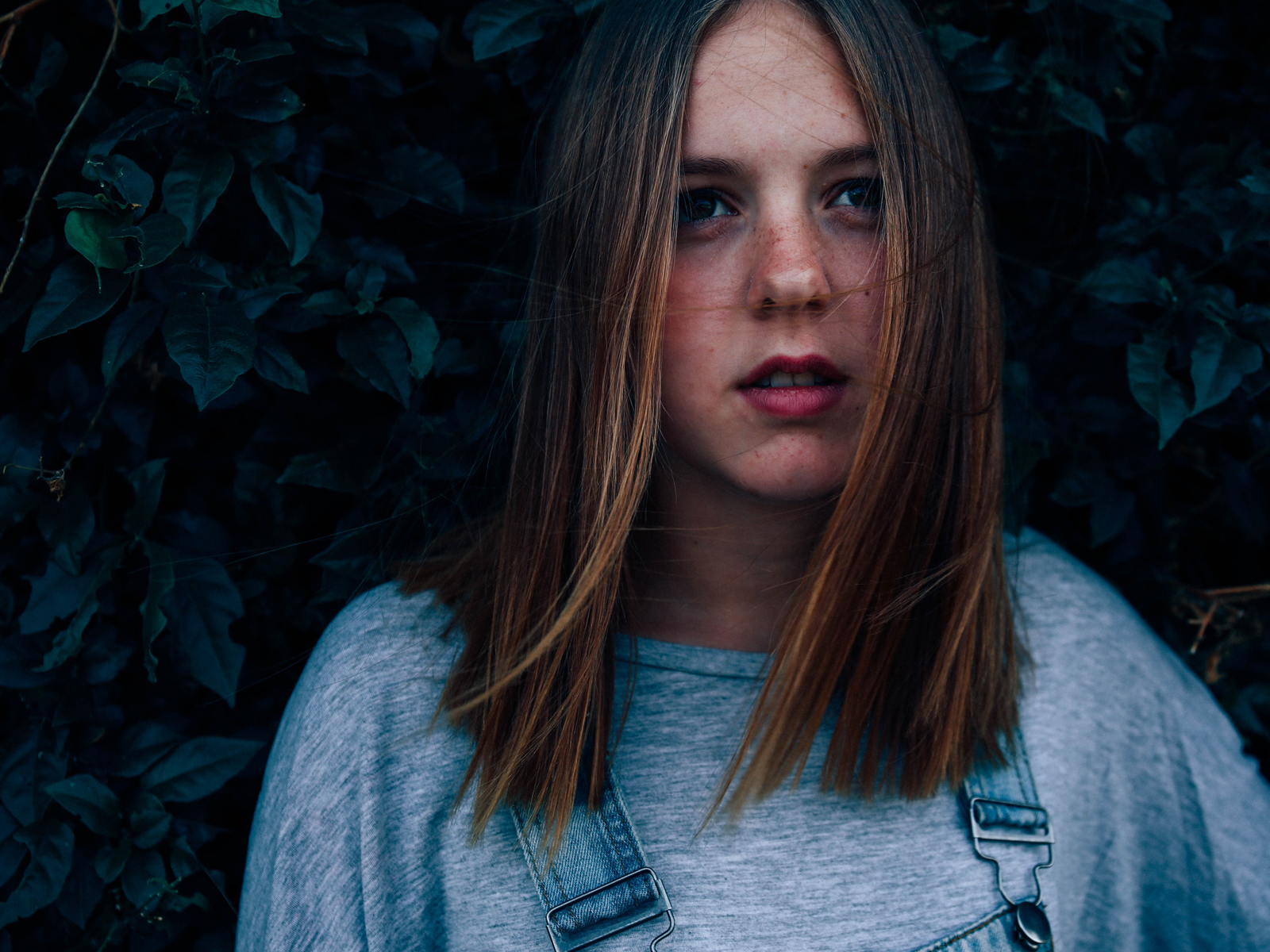
One question is all it takes for my plan to tell my daughter I’m an occasional cannabis user to fall off the rails.
Me: “What do you think about cannabis legalization?”
My 14 year old: “I think it’s stupid. Smoking pot kills brain cells. Why would you want to do that? I want to be a marine biologist. I need my brain.”
I can’t say I’m surprised by her reaction. My daughter is a strict rule follower and for the last nine years everyone told her drugs, including cannabis, are bad and using them is shameful. Now all of a sudden I want her to believe the opposite. How do I bridge the gap between the past message and the present reality without looking like a hypocrite?
“How do I bridge the gap between the past message and the present reality without looking like a hypocrite?”
My instinct was honesty, but her hostile attitude has me rethinking my plan. I need another opinion. It comes from a strange place. On the eve of cannabis legalization in Canada my daughter’s school emails a note laying out their cannabis policy: zero tolerance. At the end of the email is a list of resources for parents. I start calling.
“You were on the right track,” says Dan Reist, the assistant director of the Canadian Institute for Substance Use Research at the University of Victoria. His group produces education and policy research on drug and alcohol use, including a guide for parents concerned about their kids abusing cannabis.
“Mostly we assume teenagers don’t buy into the whole D.A.R.E. message,” he says. “But now that cannabis is legalized there is a risk we’ll turn our kids into cynics.”
The Drug Abuse Resistance Education, D.A.R.E., a.k.a. keeping itREAL, is almost as old as the War on Drugs. Founded in Los Angeles in 1983, it’s now taught to every grade in more than 52 countries, including Canada. Usually police officers go into the class and talk about the health dangers and criminal consequences of using drugs and alcohol.
The program takes a hard abstinence approach. Many drug experts question the effectiveness of the program and some of the material it teaches. Reist says that uncertainty is the perfect place to start.
“The conversation needs to challenge assumptions that the world is a neat place and you just follow the rules blindly,” he told me. “We should teach our kids to hold a position but try it on lightly. To stay open to other ideas.”
That begins with nurturing the spirit of inquiry. “Don’t be authoritarian,” he says. “Listen. Be curious. Ask questions: Why do you believe that? What do your friends think? Look for different perspectives. Engaging is the most important thing.”
Another strategy is to highlight the positive side, says Sherry Bennet. She’s a medical cannabis advocate, but on the school email she’s listed as the founder of Let’s Talk Cannabis, her effort to open the discussion about the plant.
“I’d start by explaining that it’s a powerful plant, and I’d talk about how it helps treat many diseases and health conditions.”
“I’d start by explaining that it’s a powerful plant,” she says. “I’d talk about how it helps treat many diseases and health conditions.”
But she’d also acknowledge that there are risks with using it, including impairment and potential mental health issues with heavy use by teens.
“We need to respect cannabis like we do any medicine,” she says. “Everyone reacts differently. We need to use it responsibly. Just because it’s legal doesn’t mean it’s ideal for everyone or every situation.”
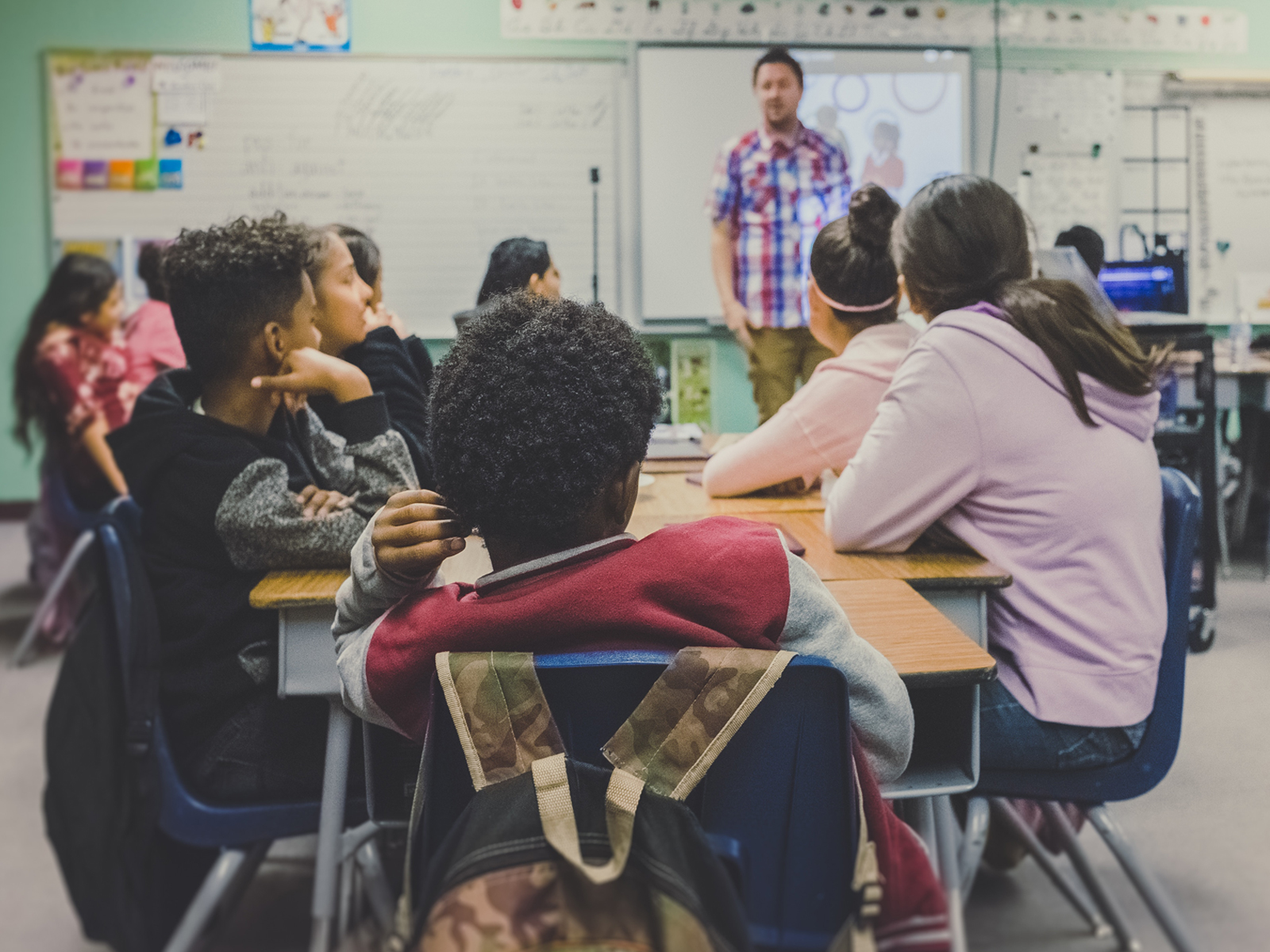
She’d like to see schools integrate cannabis education into the curriculum. In chemistry they could study the 400 chemicals in cannabis. Biology could examine how cannabis interacts with the endocannabinoid system.
“Legalization is an opportunity,” she says. “It’s an opportunity to present the facts. It’s an opportunity to be honest and say we don’t have all the answers. It’s an opportunity for parents to model responsible behaviour.”
We do all that, she says, and we give our kids the best chance to make good choices.
As a parent, what more can I ask for.
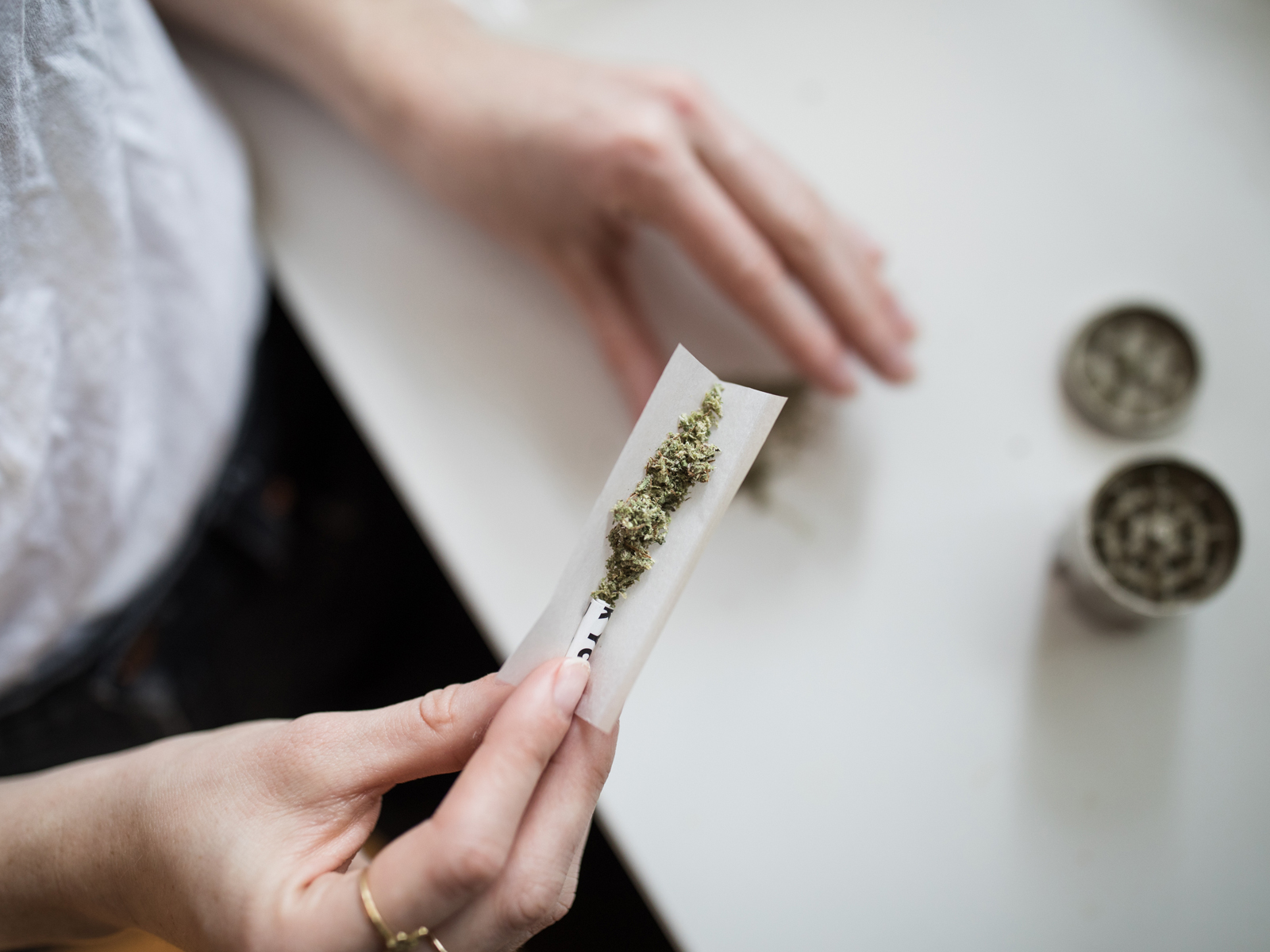
But it’s also a funny turn of norms. Bennet’s advice sounds like I’m trying to talk to my daughter about hercannabis use, not my own. Reist said my phone call was the first time he had considered the conversation in the opposite direction, the parent’s use, not the teens.
Maybe that’s the point. Talking about any ticklish subject is an opportunity to deepen a relationship. If I want my daughter to feel comfortable talking to me about anything, then discussing my cannabis use is a good place to start. It may be awkward. She may not agree with my choice. We may argue. But that can only be a good thing. Especially for a kid that one day wants to be a scientist.
Resources for talking to your kids about cannabis:
Drug Free Kids Canada, Cannabis Talk Kit
A negative leaning guide to talking about drug use with kids. But any parent can benefit from the chart on word use for discussing drugs on page 16.
https://www.drugfreekidscanada.org/wp-content/uploads/2017/06/34-17-1850-Cannabis-Talk-Kit-EN-10.pdf
Cannabis Use and Youth
A parent guide to talking to teens about cannabis use. It’s geared to parents concerned about their kids using too much cannabis.
http://www.heretohelp.bc.ca/workbook/cannabis-use-and-youth-a-parents-guide
Did you like this article?
Sign up for our newsletter to make sure you're in the know about all of our new product releases, contests and more.



